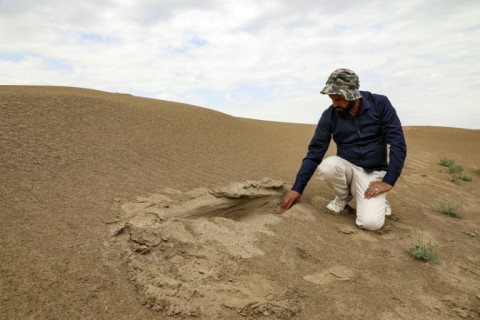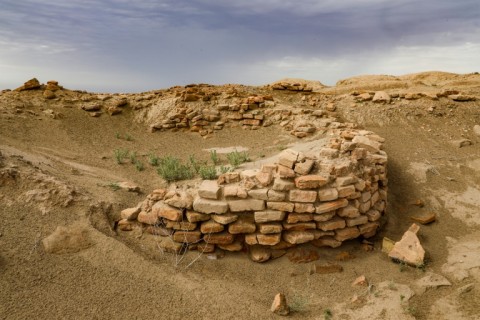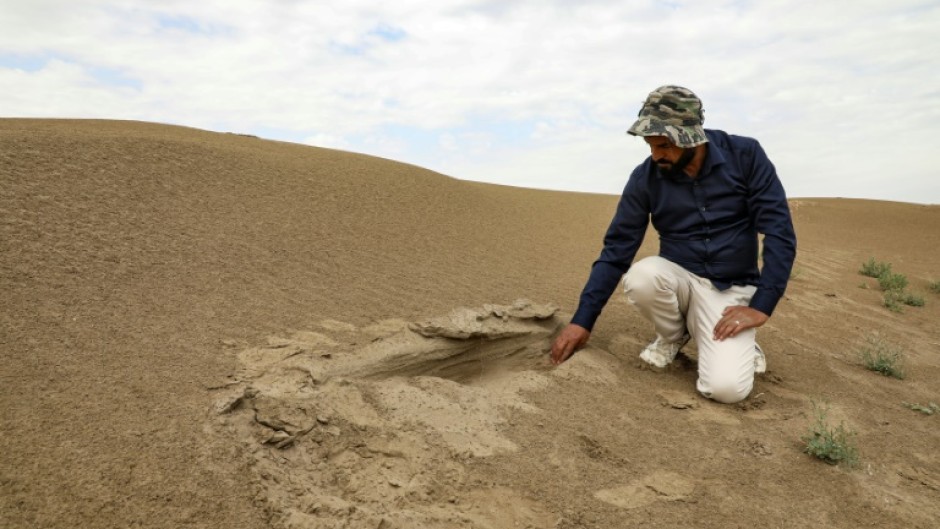
UMM AL-AQARIB - Iraqi archaeological marvels that have survived millennia and the ravages of war now face a modern threat: Being blasted and slowly buried by sandstorms linked to climate change.
Ancient Babylonian treasures, painstakingly unearthed, are slowly disappearing again under wind-blown sand in a land parched by rising heat and prolonged droughts.
Iraq, one of the countries worst hit by climate change, endured a dozen major sandstorms last year that turned the sky orange, brought daily life to a halt and left its people gasping for air.
When the storms clear, layers of fine sand cover everything -- including the Sumerian ruins of Umm al-Aqarib, "the Mother of Scorpions", in the southern desert province of Dhi Qar.
Sandstorms have slowly begun to reverse years of work there to unearth the temples' terracotta facades and many priceless artefacts, said archaeologist Aqeel al-Mansrawi.
Archaeologists in Iraq have always had to shovel sand, but now the volumes are growing.

In the past, the biggest threat was looting of antiquities at the ruins, where pottery fragments and clay tablets bearing ancient cuneiform script have been discovered.
Now the changing weather and its impact on the land, especially creeping desertification, spell an additional threat to ancient sites all across southern Iraq, said Mansrawi.
"In the next 10 years," he said, "it is estimated that sand could have covered 80 to 90 percent of the archaeological sites."
The fabled land between the Tigris and Euphrates rivers hosted some of the world's earliest civilisations, the remains of which are under threat in modern-day Iraq.
Summer temperatures topping 50 degrees Celsius now often batter Iraq where droughts have parched agricultural areas, driving farmers and pastoralists into crowded cities.
Iraqi authorities insist they are tackling the complex and multi-layered problem.

